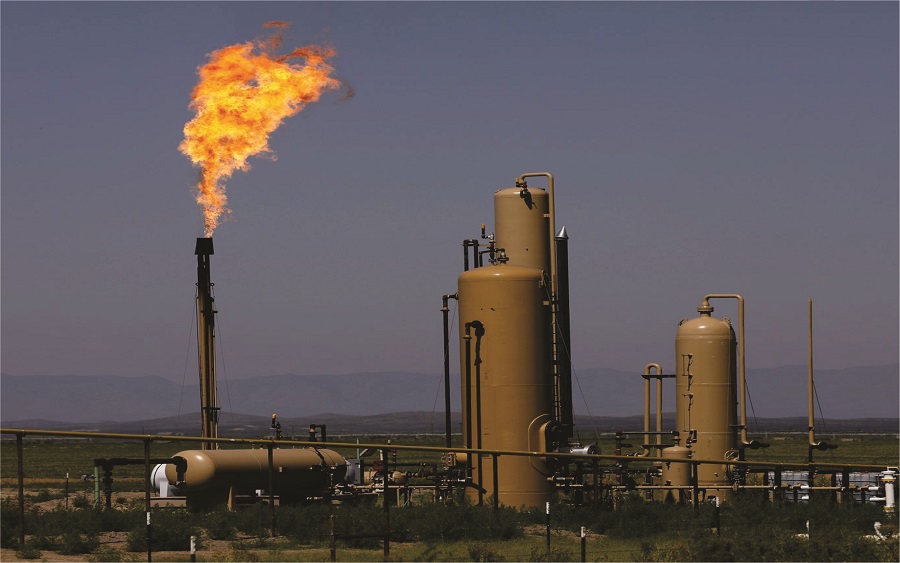Nigeria, endowed with vast natural resources, stands as a pivotal player in the global energy arena. Among its abundant resources lies natural gas, a versatile and environmentally friendly fuel that has the potential to revolutionize the nation’s energy landscape. In this blog post, we delve into the untapped potential of natural gas in Nigeria, exploring its significance, challenges, and opportunities for unlocking a brighter, more sustainable future.
The Significance of Natural Gas:
Natural gas is a clean-burning fossil fuel that offers a multitude of benefits across various sectors. In Nigeria, natural gas holds immense significance for several reasons:
- Energy Security: With its vast reserves, natural gas provides a reliable and secure source of energy, reducing dependence on imported fuels and enhancing energy self-sufficiency.
- Economic Growth: The development of Nigeria’s natural gas sector has the potential to stimulate economic growth through job creation, revenue generation, and investment opportunities in infrastructure development.
- Environmental Sustainability: Compared to traditional fuels like coal and oil, natural gas emits lower levels of greenhouse gases and pollutants, making it a cleaner and more environmentally sustainable energy option.
Challenges Facing Nigeria’s Natural Gas Sector:
Despite its potential, Nigeria’s natural gas sector faces several challenges that hinder its full realization:
- Infrastructure Constraints: Inadequate infrastructure, such as pipelines and processing facilities, poses a significant challenge to the efficient extraction, processing, and distribution of natural gas.
- Flaring: Nigeria has a notorious reputation for gas flaring, the burning of natural gas associated with oil production. Flaring not only wastes valuable resources but also contributes to air pollution and climate change.
- Regulatory Barriers: Complex regulatory frameworks and bureaucratic hurdles often impede investment and development in the natural gas sector, hindering its growth and expansion.
Unlocking Opportunities:
Despite these challenges, Nigeria’s natural gas sector presents numerous opportunities for unlocking its full potential:
- Gas-to-Power Projects: Expanding gas-to-power projects can help address Nigeria’s chronic power shortages by utilizing natural gas for electricity generation, thereby promoting energy access and economic development.
- Diversification of Applications: Beyond power generation, natural gas can be utilized in various sectors such as transportation, manufacturing, and residential heating, diversifying its applications and maximizing its economic benefits.
- Investment in Infrastructure: Investment in infrastructure, including pipelines, liquefied natural gas (LNG) facilities, and gas processing plants, is crucial for unlocking Nigeria’s natural gas reserves and facilitating their efficient utilization.
- Flare Gas Utilization: Implementing initiatives to reduce gas flaring and harness flare gas for productive use, such as power generation or industrial feedstock, can minimize waste and mitigate environmental impact.
Nigeria’s natural gas sector holds immense potential for driving economic growth, promoting environmental sustainability, and enhancing energy security. However, unlocking this potential requires concerted efforts from government, industry stakeholders, and the international community to address infrastructure constraints, regulatory barriers, and environmental challenges. By capitalizing on opportunities for investment, innovation, and collaboration, Nigeria can harness the power of natural gas to unlock a brighter, more sustainable future for its citizens and the planet as a whole.


